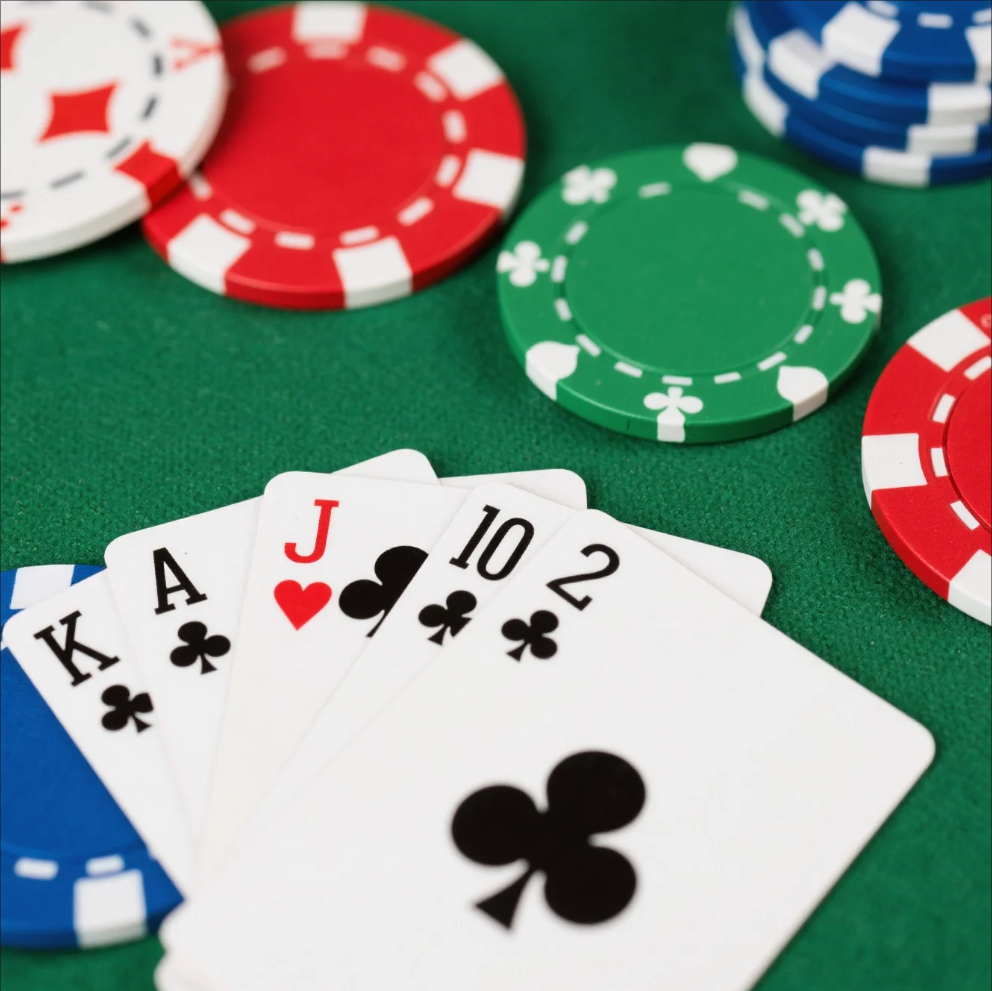Poker is more than just cards and chips — it’s a game of people. While strategy and math are critical, psychology often separates winning players from the rest. In online poker, you can’t see body language, but you can still read your opponents through subtle patterns and behaviors. Understanding these psychological cues can give you a major edge at the virtual table.
1. The Importance of Psychological Play
Every decision at the poker table reveals something about a player’s mindset. Betting speed, hand selection, and reaction to losses all provide insights into how your opponent thinks. By tuning in to these patterns, you gain the ability to anticipate moves and exploit weaknesses.
2. Common Online Tells
While online poker lacks physical “tells,” digital behavior offers clues:
- Betting Speed: Quick bets often indicate confidence or routine plays, while long pauses may suggest uncertainty or bluffing.
- Bet Sizing: Small, inconsistent bets might reveal hesitation, while overly large bets can signal desperation.
- Chat Behavior: Overly talkative opponents may be trying to distract you. Silent players might be fully focused on strategy.
3. Emotional Triggers and Tilt
Tilt — playing emotionally instead of logically — is one of the most costly mistakes. Look for signs such as reckless betting after a big loss or suddenly aggressive play following a bad beat. Recognizing tilt in others allows you to tighten your strategy and let them self-destruct.
4. Profiles of Opponent Types
- The Aggressor: Plays many hands and bets big. Best counter: patience and strong hands.
- The Rock: Rarely bluffs, sticks to premium hands. Best counter: steal blinds and pressure them often.
- The Calling Station: Calls frequently but rarely raises. Best counter: value bet your strong hands.
5. Strengthening Your Own Psychological Game
Reading opponents is only half the battle — you also need to manage your own psychology. Stay mindful of your emotions, set limits, and maintain focus. A calm and disciplined mindset ensures you won’t give away free information to observant players.
Conclusion
The psychology of poker extends far beyond cards. In online play, the ability to read opponents through timing, patterns, and emotional cues can turn small advantages into big wins. By combining strategy with psychological awareness, you become not just a player of the game, but a master of its hidden language.
Another article:


